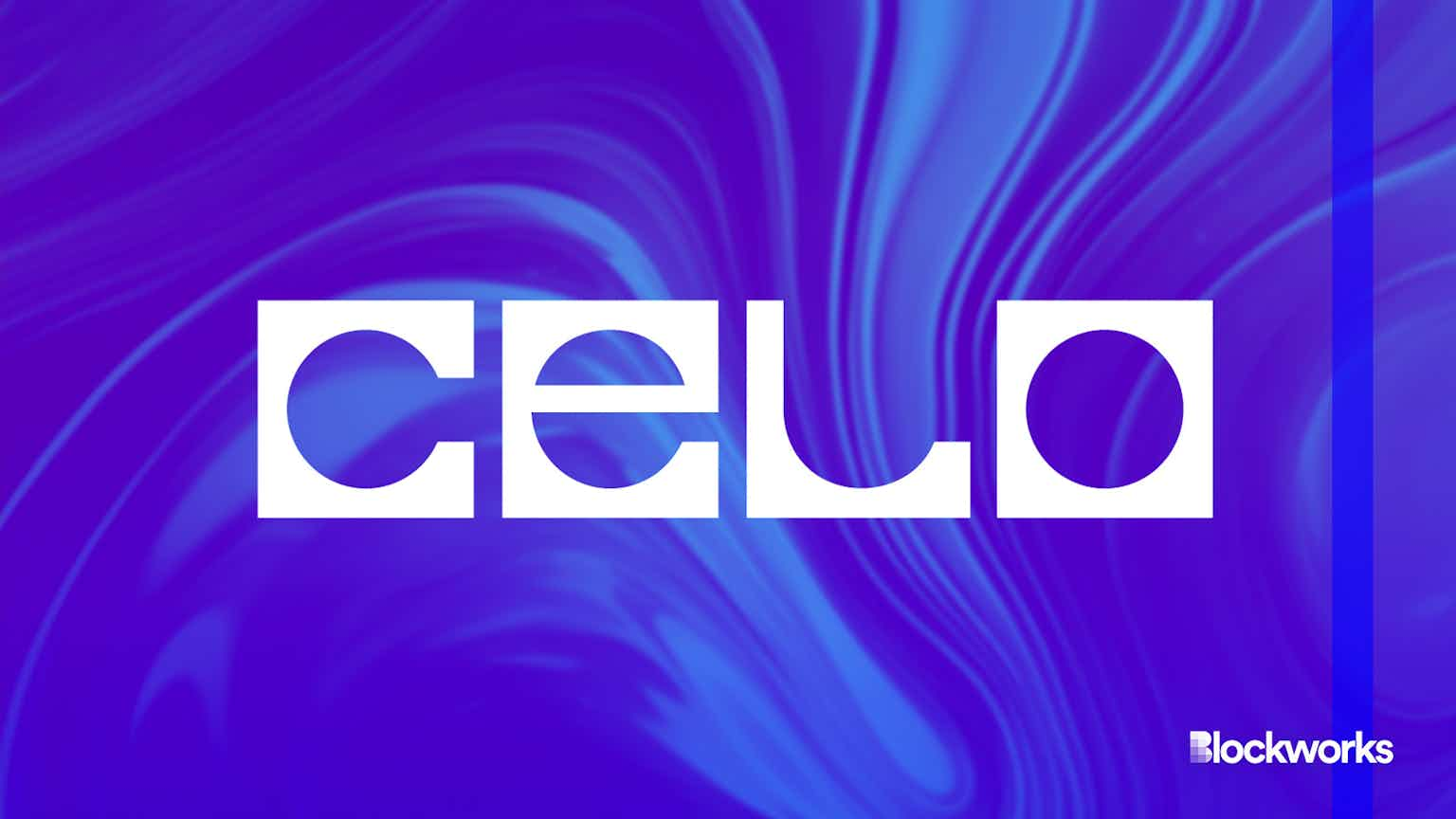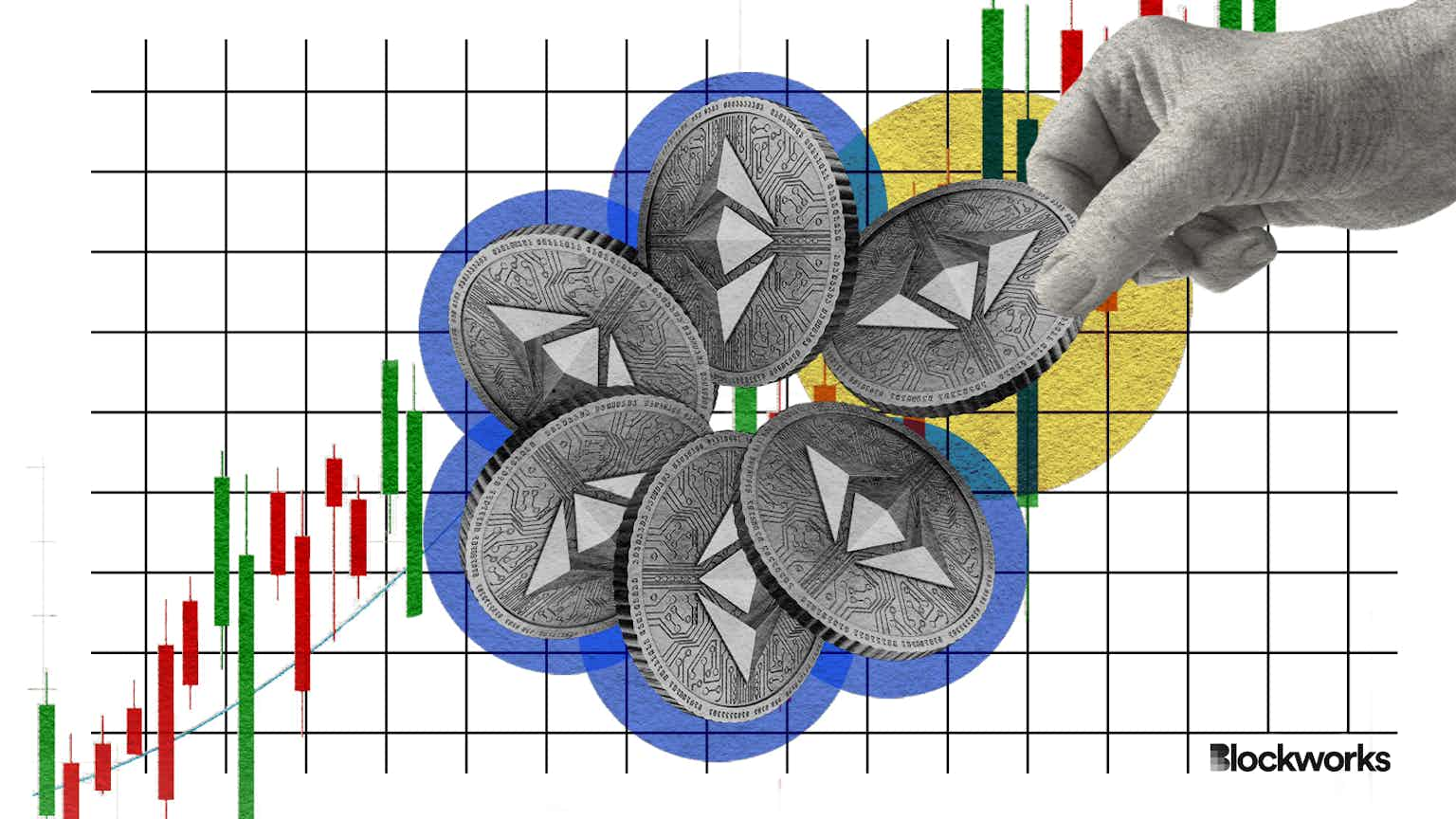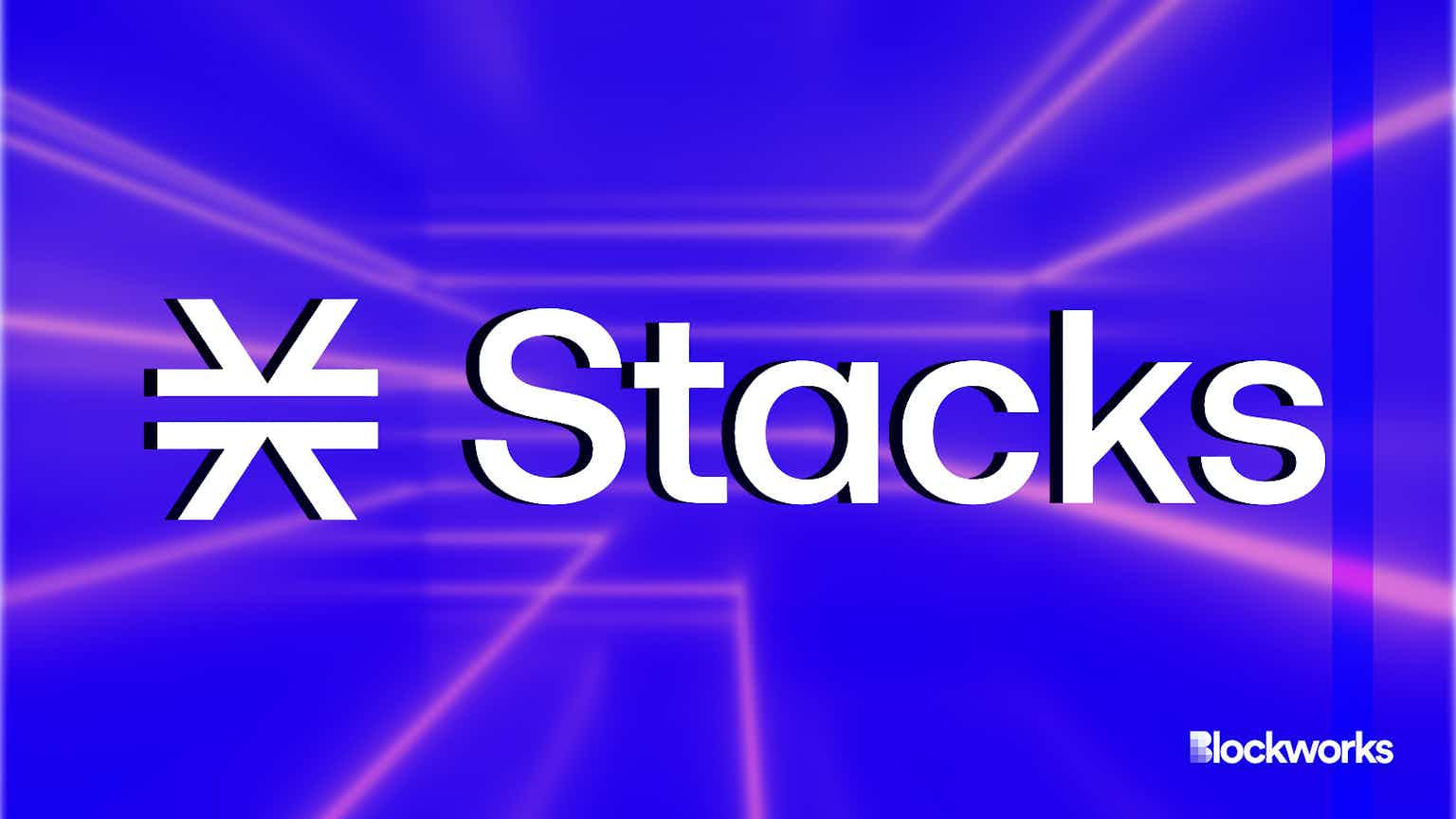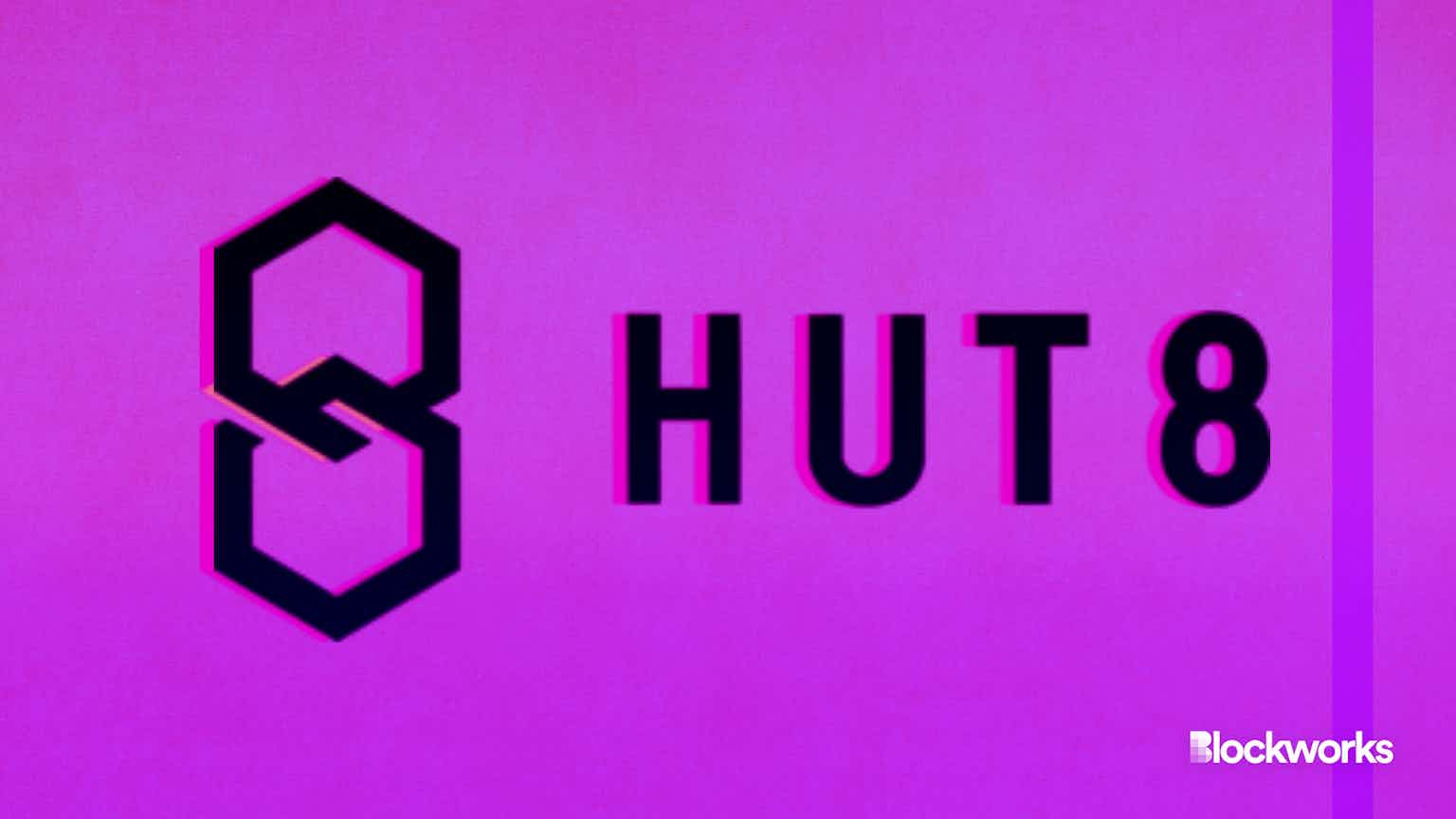CFTC Chair Says Ether Is a Commodity, Hints That SEC Disagrees
Token classification has been an ongoing issue in the space and a point of contention for regulators jockeying for jurisdiction

Source: Shutterstock
key takeaways
- Congress has stepped in to try and clarify the jurisdictional boundaries between agencies
- The Responsible Financial Innovation Act, introduced in June, suggests placing most cryptoassets under the CFTC’s regulatory purview
The jostling between the CFTC and the SEC continued in New York on Monday, with CFTC Chair Rostin Behnam saying he sees ether as a commodity — not a security.
“Ether, I’ve suggested that it’s a commodity, ” Behnam said at the Regulating Financial Innovation event Monday morning.
“Chairman [Gary] Gensler thinks otherwise — or at least hasn’t certainly declared one or the other,” he added.
Token classification has been an ongoing issue, and a point of contention for regulators jockeying for jurisdiction, for years. In 2018, William Hinman, the SEC’s then-director of corporate finance, said publicly that the regulator at the time had no plans to classify both bitcoin and ether as securities.
This September, however, Gensler appeared to take a step back, suggesting the fixed-income like returns of staking ether is consistent with securities classifications. Ether dipped 11% following Gensler’s remarks.
The SEC has been known to target tokens for unregistered security offerings through enforcement actions. In June, the agency alleged nine cryptoassets were securities in charges against former Coinbase employees accused of insider trading.
The US financial watchdog charged Ripple Labs, the issuer behind the XRP token, with an unregistered security offering nearly two years ago — the SEC’s biggest initial foray into the rule-making behind the digital assets economy.
The ongoing lawsuit is expected to end in the coming months. Both parties have agreed to allow a judge to issue a summary judgment, and industry participants have been eager to parse how the agency’s treatment of ether may play into the outcome.
Financial institutions are moving ahead with ether products even without explicit clarification. Fidelity Digital Assets is planning to roll out ether trading for institutional clients by the end of the month, the company announced last week.
A person familiar with the matter told Blockworks that ether meets Fidelity’s criteria for listed assets, at least for now. Fidelity Digital Assets has supported bitcoin trading since its launch in 2018.
Both the CFTC and SEC maintain that the regulatory bodies are committed to working together to establish rules around digital assets. Congress has stepped in recently to try and clear up the blurred lines.
The Responsible Financial Innovation Act, introduced in June, suggests placing most cryptoassets under the CFTC’s regulatory purview, unless otherwise determined by a court.
With midterm elections inching closer, it is unlikely any bills continue to advance through Congress, but bill cosponsors Sens. Cynthia Lummis, R-Wyo., and Kirsten Gillibrand, D-N.Y., have said they are confident the measure can pass eventually.
Start your day with top crypto insights from David Canellis and Katherine Ross. Subscribe to the Empire newsletter.





